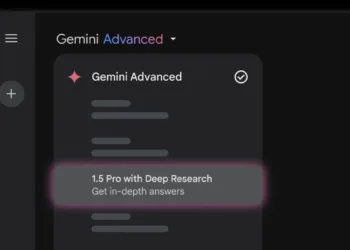One of the areas where AI excels is sifting through vast amounts of data and creating models based on its “experiences.” So, what happens when you input 39 years’ worth of global weather data into an AI and request a future forecast? According to Google’s research, the outcome is a forecasting system that outperforms human measurements in accuracy.
Google DeepMind’s AI Model Surpasses Human Predictions 97.2% of the Time
According to the Google DeepMind research lab, the company has made significant strides in using AI for predictive analysis. The researchers trained their new model, known as “GenCast,” on global weather data collected from 1979 to 2018. They then tasked it with predicting the weather for 2019, comparing its forecasts to the predictions made by the Ensemble Forecast system and the actual weather conditions experienced during that time.
It turns out that GenCast outperformed the Ensemble Forecast an impressive 97.2% of the time. This accuracy soared to 99.8% when GenCast was asked to predict weather patterns extending beyond a 36-hour window, demonstrating its superiority over human forecasts for longer-range predictions.
The most exciting aspect is GenCast’s potential to accurately predict severe weather events such as tornadoes. If the AI performs as well in real-time scenarios as it did during testing, it could be an invaluable tool in identifying extreme weather patterns and initiating evacuation plans more swiftly than ever before.
So, will this technology replace meteorologists? Not likely. GenCast’s predictions heavily rely on quality data input, which means that experts will probably continue to use AI models in tandem with traditional forecasting methods to enhance accuracy rather than fully replacing human meteorologists.
If you’re interested in leveraging Google’s AI capabilities, the company also offers a model named Gemini, designed to serve as an effective personal assistant. Explore how Gemini can improve your productivity in Google Workspace or discover helpful tips for using Gemini AI in PowerPoint.










